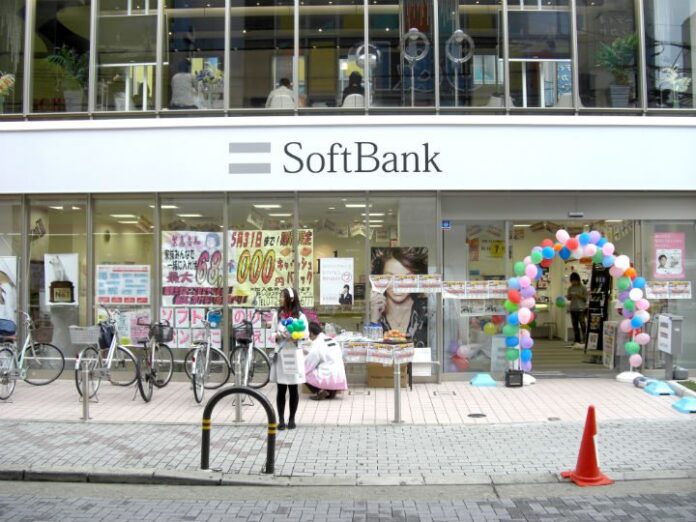SoftBank investment into Sprint ‘not producing cash flow at the moment’
Last week Nikesh Arora, a former Google honcho and up until last week the president and COO of SoftBank, made waves when he suddenly resigned his post.
Arora is set to leave those positions on July 1, taking up an advisory role for the Japan-based firm. The move also is expected to see Arora relinquish his current position on the board of directors at SoftBank subsidiary Sprint.
SoftBank put a positive spin on the news, with CEO and Chairman Masayoshi Son touting Arora’s pedigree and his one-time wish to hand over the reins of the multinational to Arora when he turned 60. That wrinkle – an increasingly muddy succession path at Softbank – seems to have prompted Arora’s exit, which he discussed in an interview with Fortune.
He recounted a conversation with Son: “He said, ‘I still feel young. I can do this for a lot more time.’ I said, ‘How much time? Two to three years?’ He said, ‘At least five if not 10.’ And I said, ‘That’s a long time frame, which is your prerogative, you can make that decision. You’ve gone and told people I’m your successor and given the impression that you’d change things when you turned 60. I’m not worried if it’s 60, 61 or whatever, but if it’s five to 10 years, then you’re telling me something different.’ He said, ‘Yeah,’ so I said, ‘Okay.’ I decided it’s probably better to become an advisor for a year and help out and keep the continuity with our portfolio of companies and the team we hired.”
Arora discussed SoftBank’s myriad holdings including a Chinese ride-sharing company with a valuation of $28 billion and the e-commerce giant Alibaba. He also hit on Son’s ambitions around selling a robot with a brain powered by IBM’s Watson.
“SoftBank has a two-part strategy – one is the operating assets, which in the long term are supposed to generate cash flow and that cash flow is supposed to feed into the investing assets,” Arora said. “The operating assets include SoftBank Mobile, Sprint, which is not producing cash flow at the moment but the hope is that it will, and the bright star, which is Yahoo Japan. The cash flow from those assets and sales of investment assets generate liquidity to invest more. That’s the broad strategy.”

